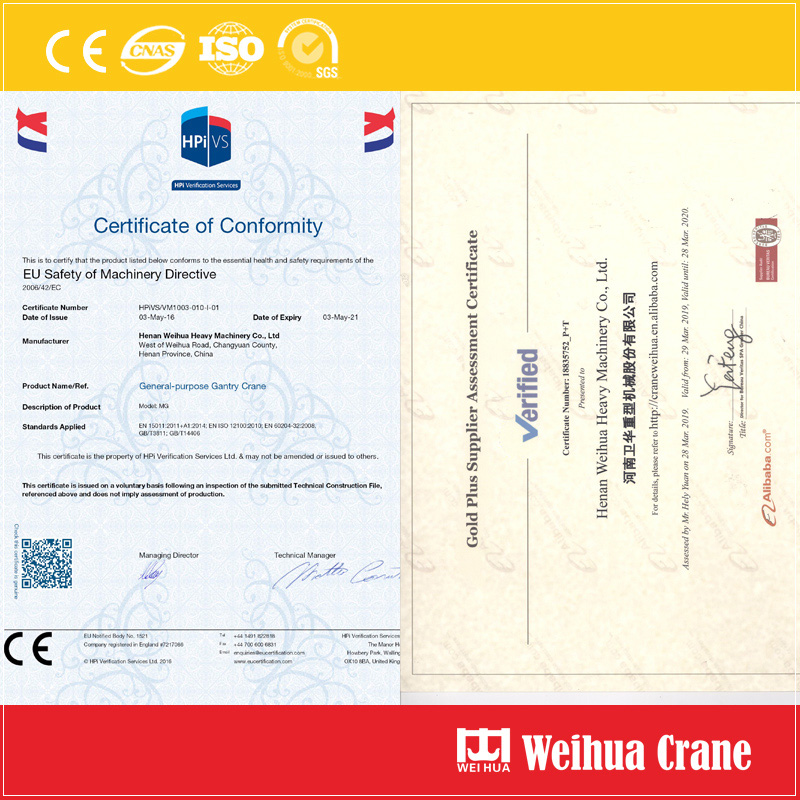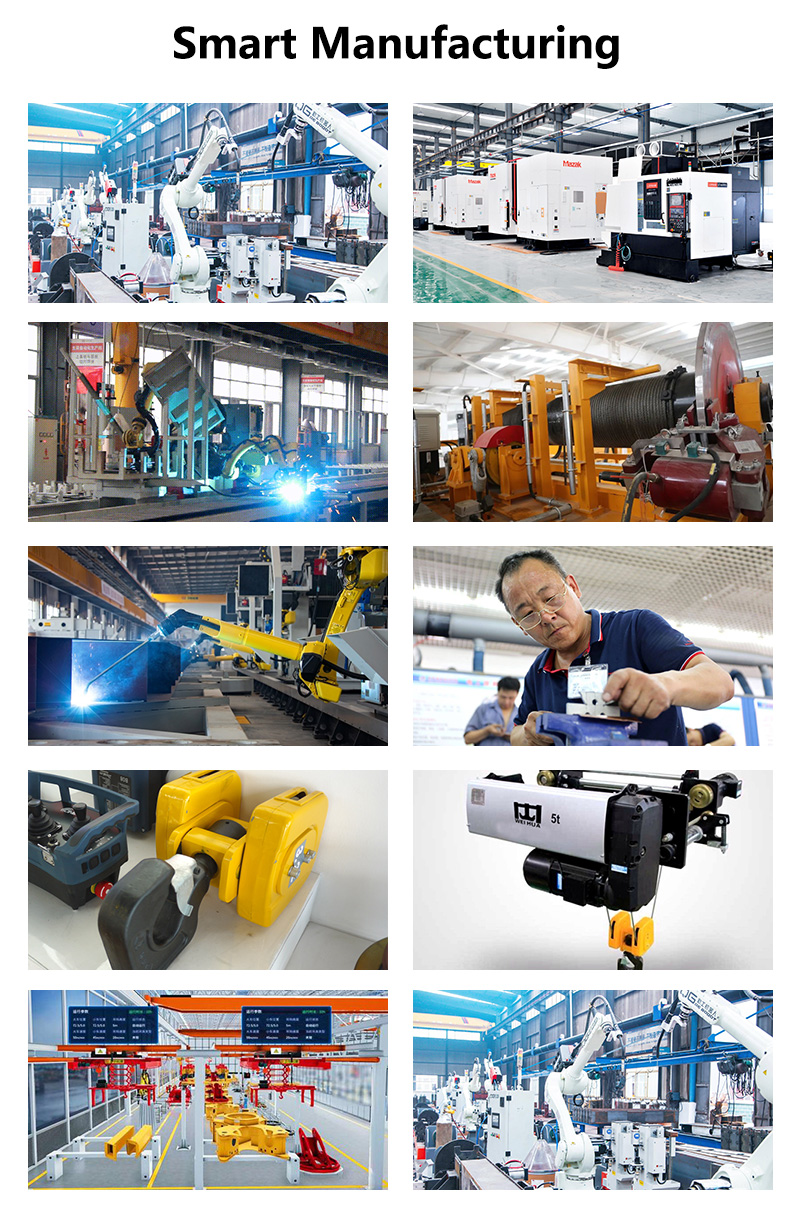In the world of heavy lifting, cranes are the undisputed champions. We invest in their maintenance, train our operators, and plan our lifts with precision. But how often do we stop to consider the humble, yet utterly critical, component that literally carries the entire load? The crane hook is the final link in your lifting chain, and its integrity is non-negotiable.
Annual crane hook certification isn’t just a line item on a compliance checklist; it’s a fundamental pillar of workplace safety, operational efficiency, and financial responsibility.

Annual certification is a formal process where a qualified and certified inspector thoroughly examines and tests your crane hook to verify it meets all original equipment manufacturer (OEM) standards and industry safety regulations (such as ASME B30.10 or OSHA requirements in the US).
This process is much more than a quick visual glance. It involves:
Once the hook passes all inspections, a formal certification document is issued. This serves as your legal proof of due diligence and compliance.

1. Keselamatan Pertama, Selalu:
This is the most important reason. A failed hook can have catastrophic consequences. Fatigue cracks can develop over time from repeated loading and unloading. Annual certification identifies these hidden defects before they lead to a complete failure, protecting your most valuable assets: your people.
2. Regulatory Compliance & Avoiding Liability:
OSHA, Ansi, and other regulatory bodies mandate regular inspection and certification of lifting equipment. Operating an uncertified hook isn’t just risky; it’s illegal. If an accident occurs, the absence of a valid certification can lead to massive fines, severe legal liability, and even criminal charges for negligence.
3. Protecting Your Bottom Line:
Unexpected equipment failure causes costly downtime, kelewatan projek, and potential damage to the load itself. The small, planned cost of an annual inspection is insignificant compared to the astronomical costs of an accident—which includes equipment replacement, insurance premiums, and litigation.
4. Extending Equipment Lifespan:
Catching a small issue early through annual inspection allows for timely repair or replacement of the hook. This proactive approach is far cheaper than replacing an entire crane component or the crane itself due to a catastrophic failure caused by a neglected hook.

An annual certification catches problems you might miss in a daily pre-use inspection:


Your crane hook is a hard-working, unsung hero. Don’t wait for a warning sign. Schedule its annual certification with a reputable and accredited inspection service today.
Action Item: Review your equipment records now. Do all your crane hooks have a current, valid certification? If you’re unsure, it’s time to call in the professionals. This isn’t just a compliance task—it’s a commitment to everyone’s safety.
Kami menghargai maklum balas anda! Sila lengkapkan borang di bawah supaya kami dapat menyesuaikan perkhidmatan kami dengan keperluan khusus anda.


Klik butang untuk mendapatkan maklumat produk dan petikan di WhatsApp.
Dapatkan petikan
Komen terkini